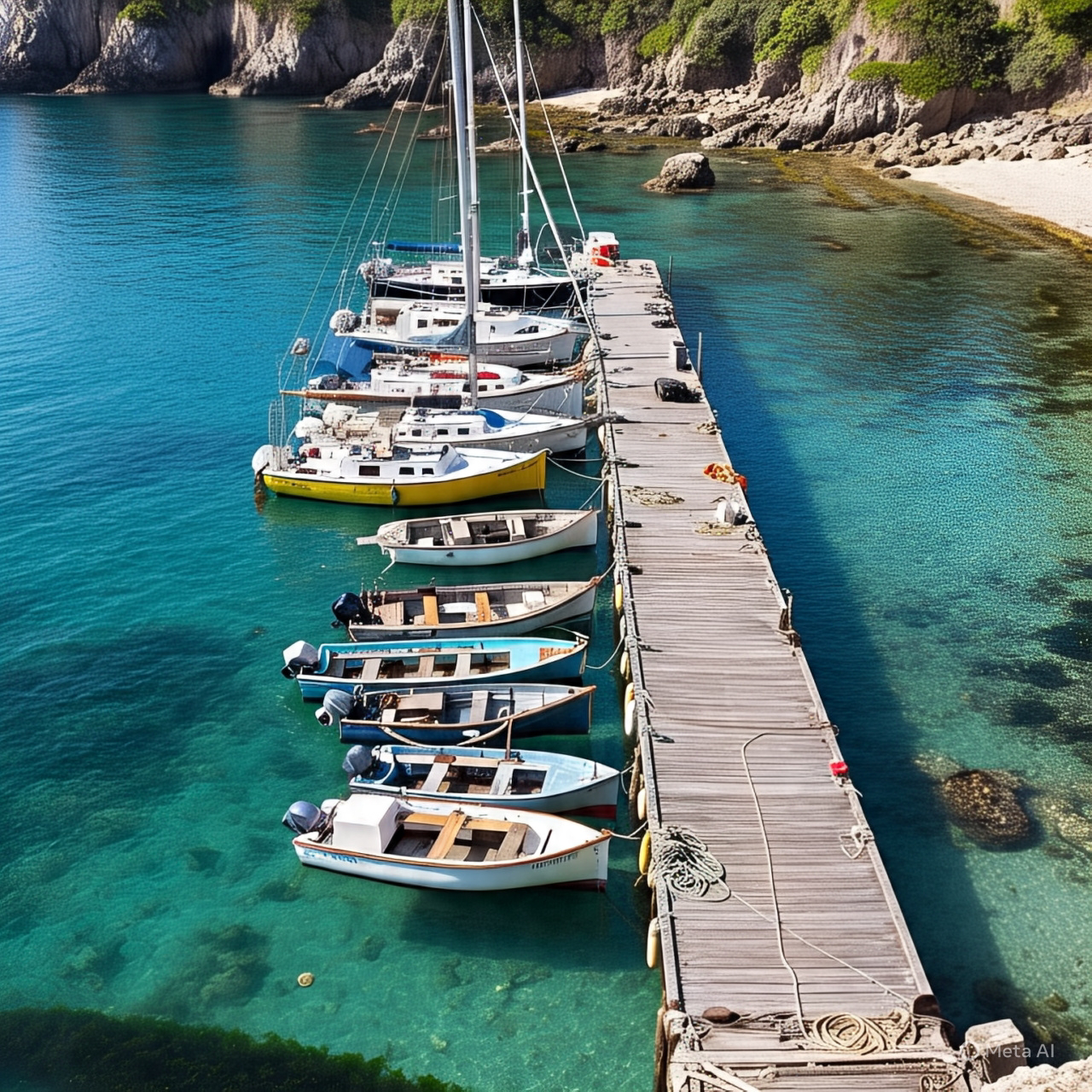🧭 Introduction: Why Boat Insurance Matters in 2025
Boating has surged in popularity across the United States, especially after the COVID-19 pandemic encouraged more outdoor activities. With over 12 million registered boats in the U.S., boat ownership is at an all-time high. However, many new boat owners are unaware of the potential financial risks they face without insurance — from storm damage and theft to liability claims.
Boat insurance not only protects your financial investment, but it can also be a requirement by marinas, lenders, and some state laws. Whether you own a jet ski, sailboat, fishing boat, or luxury yacht, understanding how boat insurance works is critical to protecting yourself, your vessel, and your passengers.
🚤 What Is Boat Insurance?
Boat insurance is a specialized policy that provides financial protection against physical damage, theft, liability, and other risks associated with owning and operating a boat. Like auto or homeowner’s insurance, it typically includes both property and liability coverage.
It applies to various types of watercraft, including:
-
Fishing boats
-
Pontoon boats
-
Jet skis / personal watercraft (PWC)
-
Sailboats
-
Yachts
-
Cabin cruisers
-
Houseboats
🔍 Who Needs Boat Insurance?
While boat insurance isn't federally required, several circumstances make it essential:
-
Lenders require it if you finance your boat.
-
Marinas often require proof of liability coverage to dock.
-
State laws (such as in Arkansas and Utah) may require PWC insurance.
-
High-value boats ($50,000+) are at risk without coverage.
-
If you use your boat in saltwater, where corrosion and storm damage are more common.
Pro Tip: Even if your state doesn’t mandate it, not having boat insurance can leave you responsible for tens of thousands of dollars in repairs or liability lawsuits.
🛡️ What Does Boat Insurance Cover?
A solid boat insurance policy typically includes the following:
1. Physical Damage
-
Covers repairs/replacement for the boat, motor, trailer, and permanently attached equipment.
-
Damage due to accidents, fire, storms, theft, or vandalism.
2. Liability Insurance
-
Protects you if you’re at fault in an accident causing bodily injury or property damage to others.
-
Legal fees and court costs included.
3. Uninsured/Underinsured Boater
-
Covers your injuries or property damage caused by another boater without insurance.
4. Medical Payments
-
Pays medical bills for you or your passengers injured on the boat, regardless of fault.
5. Towing and Assistance
-
Reimburses for emergency towing, fuel delivery, or jump-starting while on the water.
Optional Coverages:
-
Fishing gear/personal effects
-
Trailer coverage
-
Mechanical breakdown
-
Hurricane haul-out
-
Pollution liability
💸 How Much Does Boat Insurance Cost?
Boat insurance costs can range from $200 to $1,200+ annually, depending on:
| Factor | Description |
|---|---|
| Boat Type | Larger or faster boats cost more to insure. |
| Boat Value | Higher value = higher premiums. |
| Age of Boat | Older boats may cost more to insure due to parts availability. |
| Usage | Full-time use, fishing, or commercial activities increase rates. |
| Location | Coastal areas like Florida or the Gulf Coast face higher risk. |
| Storage | Docked boats can cost more than trailered ones. |
| Owner’s Experience | Safe boating record and training lower costs. |
📝 Actual Cash Value vs. Agreed Value
Understanding claim valuation is crucial when buying boat insurance:
-
Actual Cash Value (ACV): Pays the depreciated value at the time of the loss.
-
Agreed Value: You and the insurer agree on the payout amount in advance. Generally better for high-value or newer boats.
✅ How to Choose the Right Boat Insurance Policy
🔹 1. Work with a Marine Insurance Specialist
Not all insurance agents understand boats. Choose one who specializes in marine insurance.
🔹 2. Compare Quotes
Use tools like:
-
Progressive’s Boat Insurance Quote Tool
-
Geico Marine
-
BoatUS by Berkshire Hathaway
🔹 3. Check Financial Ratings
Choose insurers rated A or higher by AM Best or Standard & Poor’s.
🔹 4. Understand Exclusions
Common exclusions may include:
-
Wear and tear
-
Corrosion or mold
-
Improper storage
-
Operating under the influence
🔹 5. Look for Discounts
You may qualify for discounts if you:
-
Complete a boating safety course
-
Install anti-theft devices
-
Bundle with home/auto insurance
-
Use lay-up periods during off-season
🗺️ Boat Insurance Requirements by State
Some state-specific considerations include:
| State | Requirement |
|---|---|
| Florida | No legal requirement, but highly recommended due to hurricanes. |
| Arkansas | Requires liability insurance for PWC operators. |
| Utah | Requires insurance for boats over 50 HP. |
| California | Marinas often require liability coverage. |
Always check with your state’s Department of Natural Resources (DNR) or DMV.
🏁 Final Thoughts
Boat insurance is a vital part of responsible boat ownership. Even in states where it’s not required, the risks of going uninsured far outweigh the costs. Whether you're cruising the coast, fishing on a lake, or storing your boat for winter, make sure you're covered with the right policy.
Key Takeaways:
-
Choose comprehensive coverage with liability, physical damage, and medical payments.
-
Always understand the exclusions and deductible amounts.
-
Compare multiple quotes and ask about available discounts.
-
Stay informed about your state’s regulations and local marina rules.



Comments :
0 komentar to “Boat Insurance 101: What Every New Boat Owner Should Know”
Post a Comment